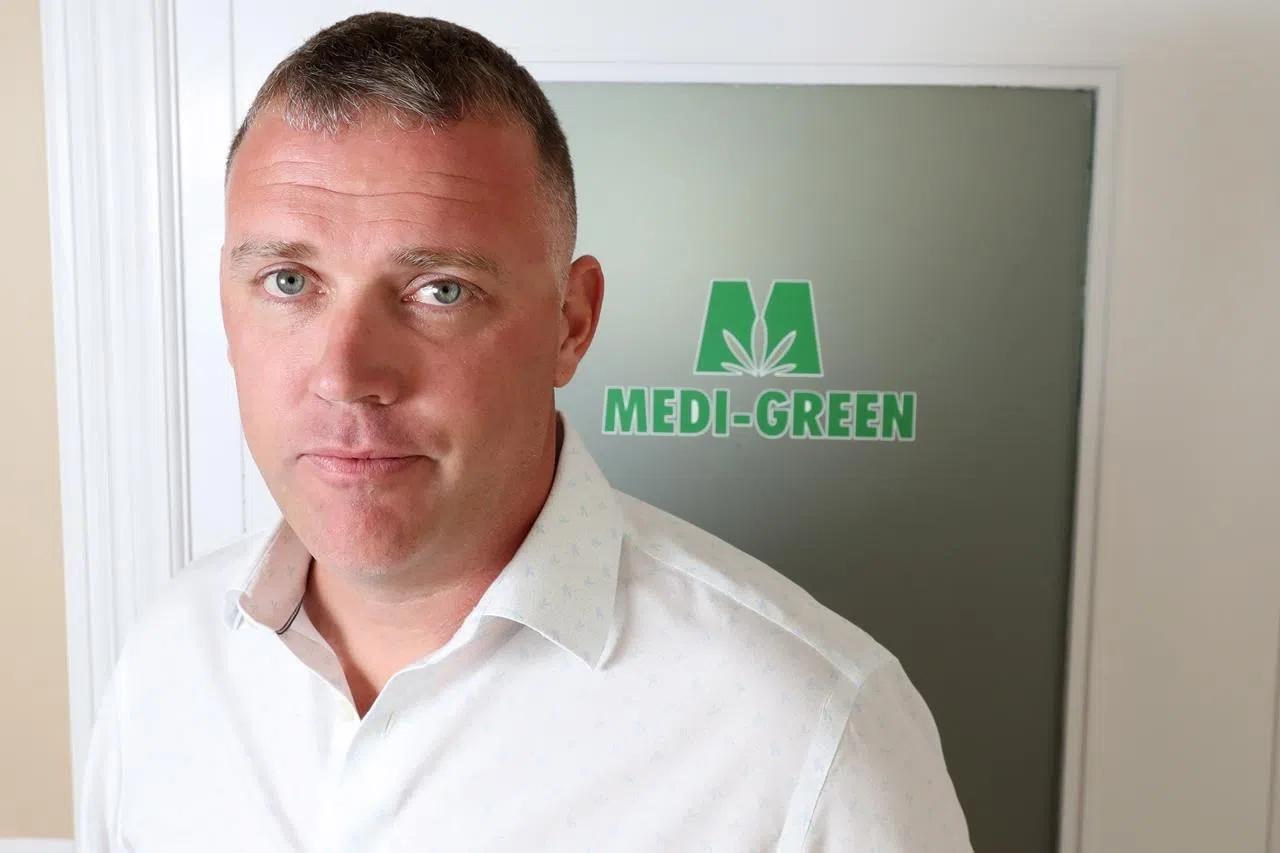
Veterans Affairs data gives detailed picture of veterans using medical marijuana
OTTAWA — When he opened a medical marijuana shop in Kingston earlier this year, Trevor Hands had little idea who his customers would be, how much they would buy or how his business would grow simply through word of mouth.
He does now.
Business is booming for Hands, thanks in large part to an influx of business from a single demographic: former Canadian Forces soldiers.
A review of Veterans Affairs Canada data on medical marijuana users, obtained by The Canadian Press under the Access to Information Act, suggests the number of users has grown most dramatically in those parts of the country where marijuana shops and clubs cater to a local population of military veterans.


